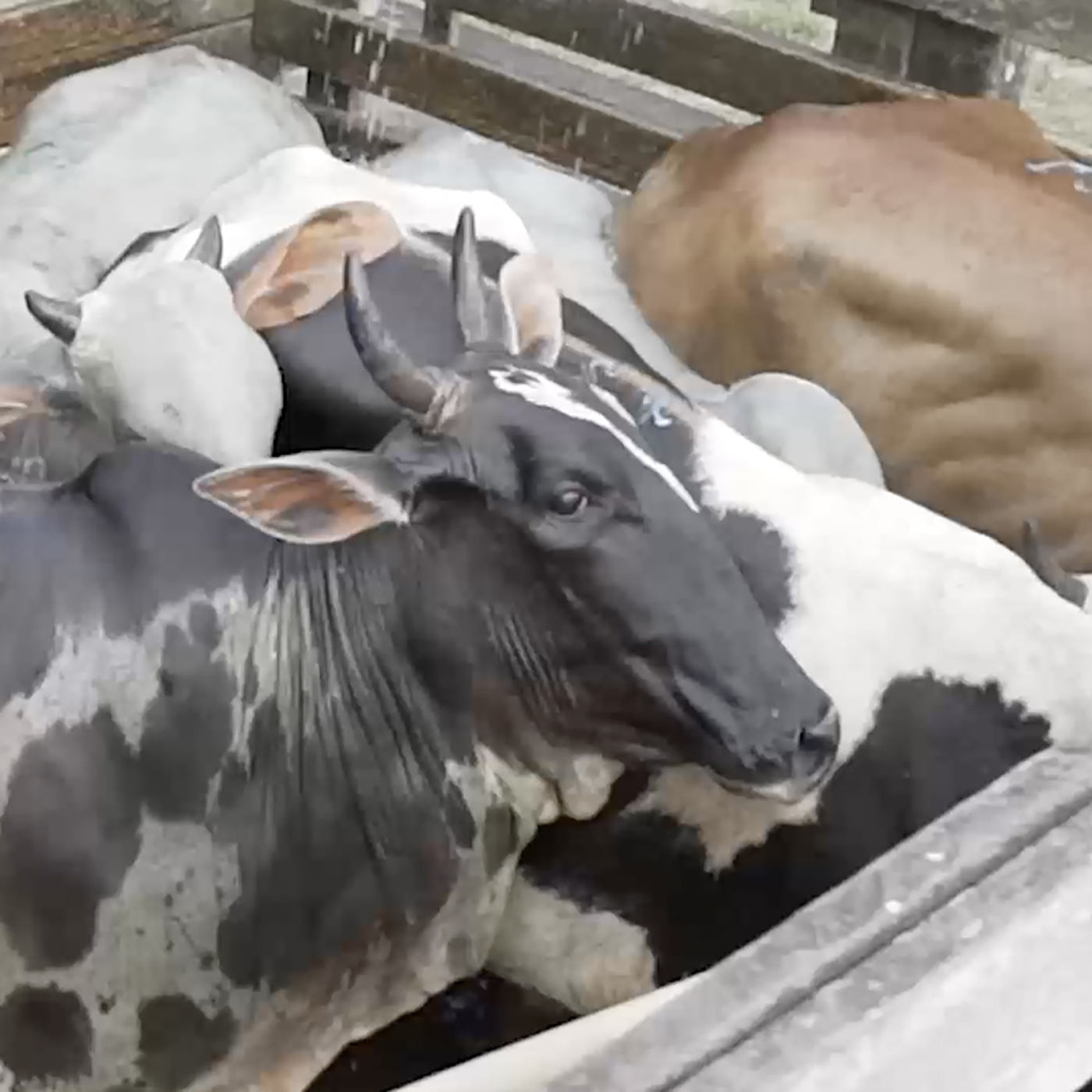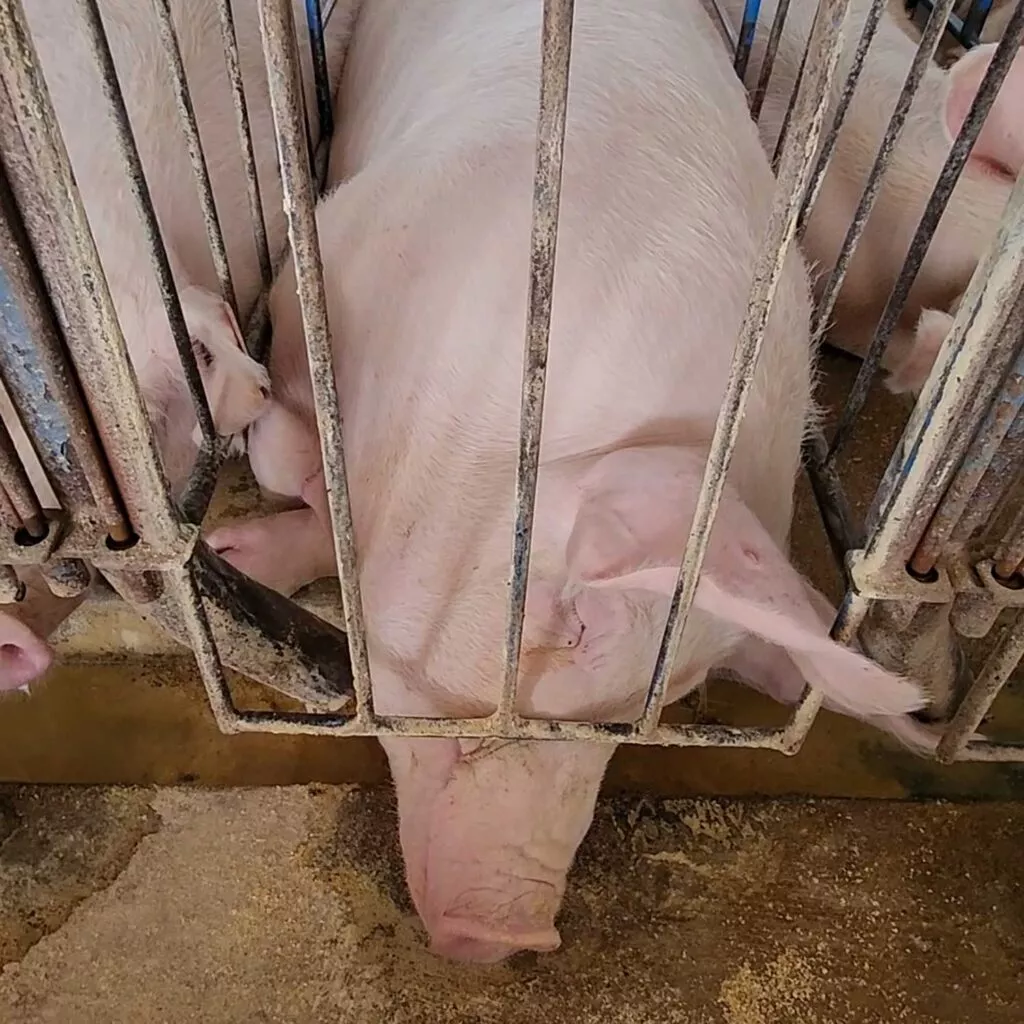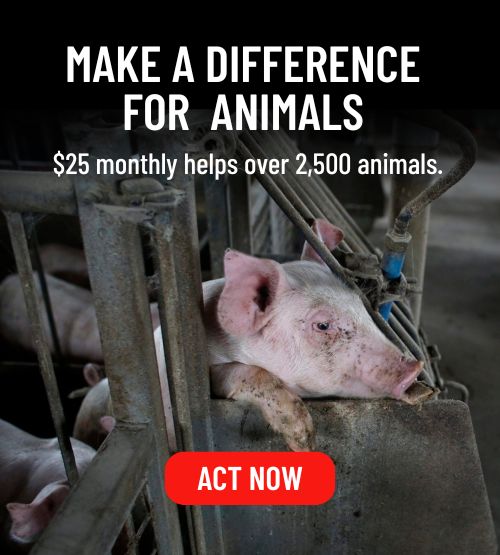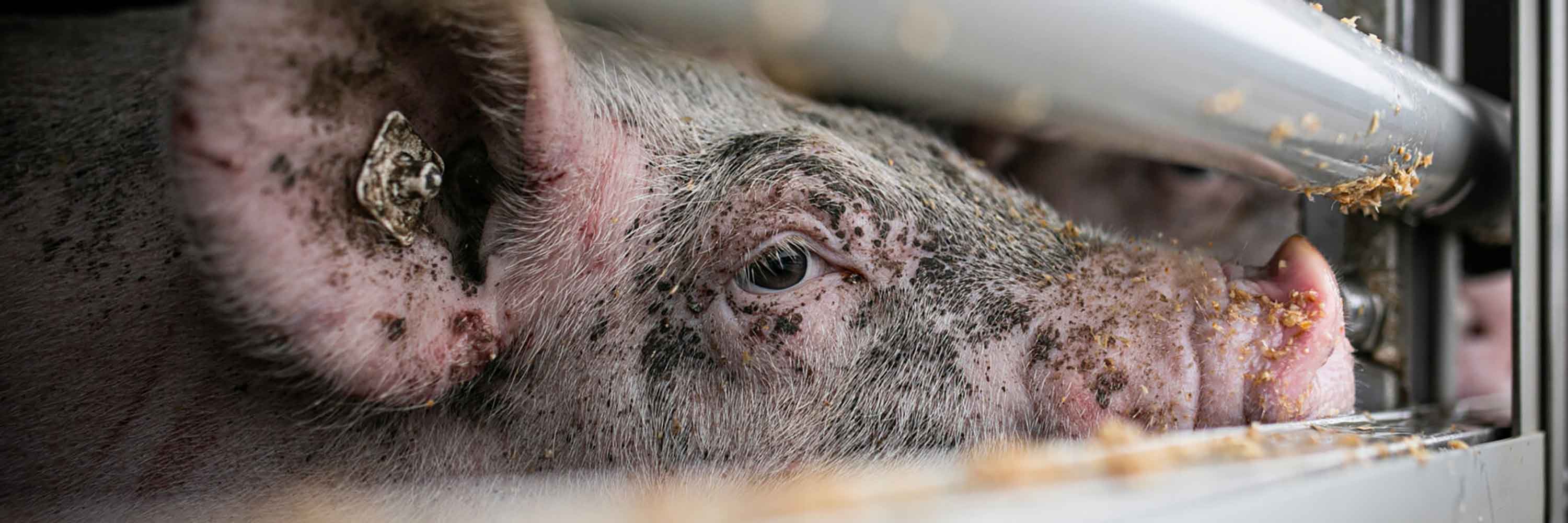
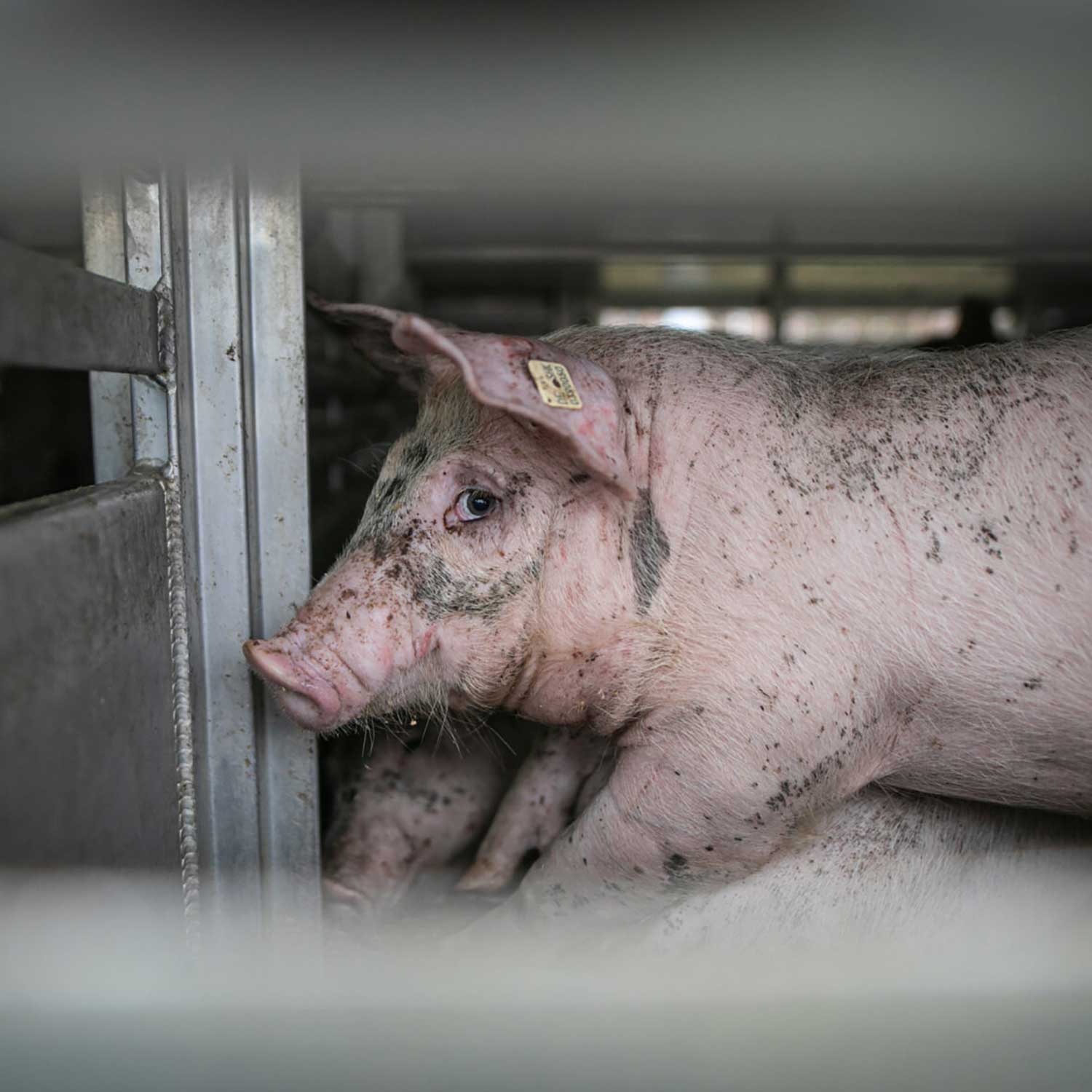
5 photos showing the cruelty of live animal transport
On European coasts, a worrying trend has taken hold: dead animals washing up on public beaches.
These bodies are evidence of a cruel trade known as animal transport, during which billions of animals undergo long-distance journeys each year before slaughter.
Here are five things you need to know about global animal transport:
Many animals are no more than a year old
Fearful and disoriented, young animals travel thousands of miles to places where their well-being is not guaranteed. For example, many are transported from the European Union–where minimal protections are in place–to countries with even more lenient animal protection laws.
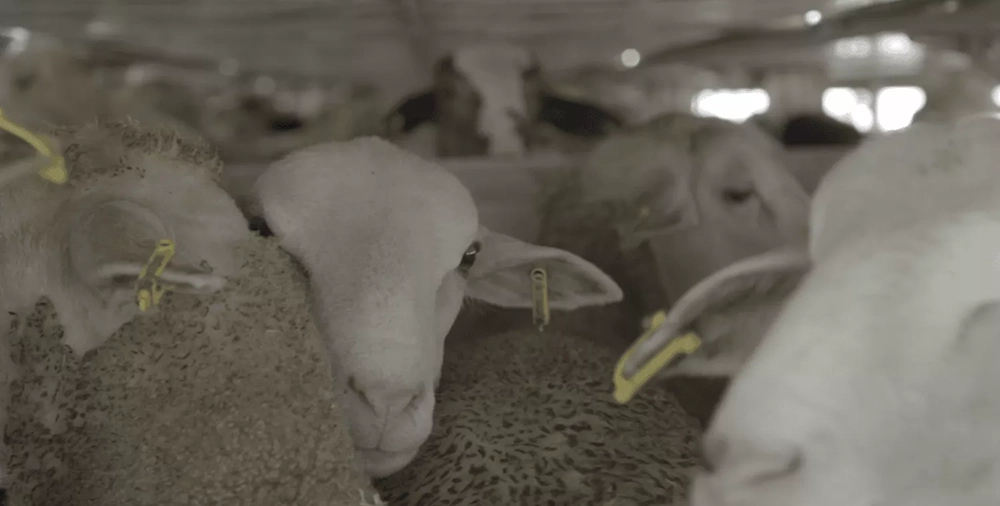
Workers hit, kick, drag, and electrocute animals
Young animals are thrown, hit, kicked, and dragged onto trucks, often coaxed with electric prods. In many cases, animals are transported to seaports and loaded onto ships–even when they are too injured or sick to survive the overseas journey.
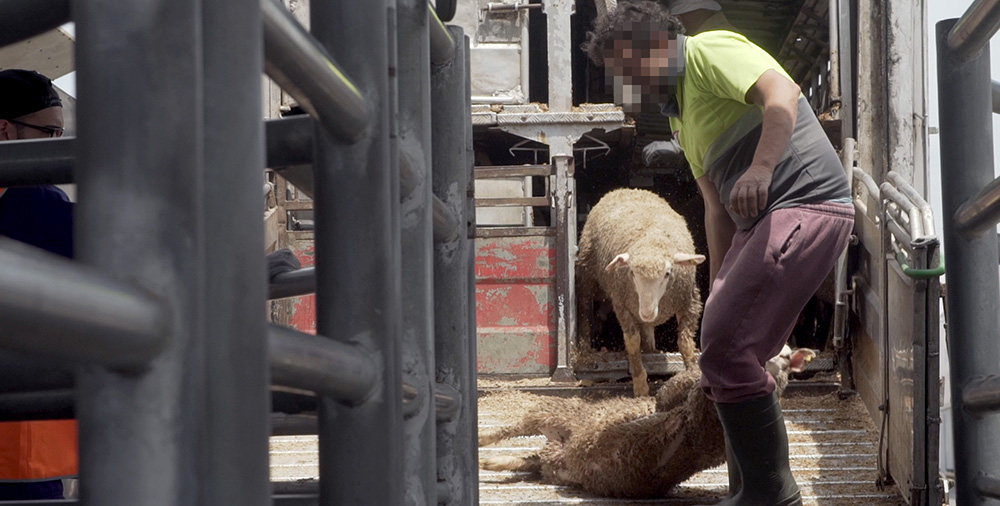
Animals travel for days or weeks before slaughter
Animals transported overseas are held in old ships that are ill-equipped for their purpose. Temperatures are often unregulated, and excrement covers the ships’ floors.
Similarly, Animal Equality’s investigation of transport trucks in Mexico found animals left to stand in their excrement and urine, sometimes slipping and falling. Many were transported in trucks without roofs, leaving them exposed to extreme weather.
Meanwhile, in the United States, drivers are required to stop every 28 hours to relieve animals. This law is regularly ignored.
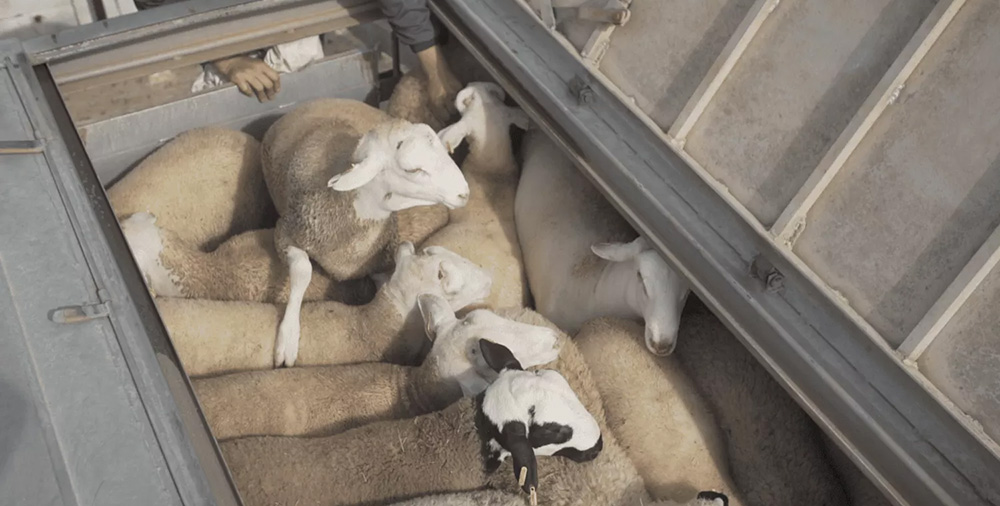
Mortality rates are high during live transport
Due to extreme conditions during transport, millions of animals in the US alone die from dehydration, extreme stress, starvation, injury, or illness.
In the case of live transport from Europe, animals who die before reaching their destinations are commonly thrown off ships and into the sea. While this practice is prohibited, dead animals commonly wash up on European shores, their ears cut off to remove their identification tags. This way, their origins cannot be identified by authorities, and criminals cannot be reported.
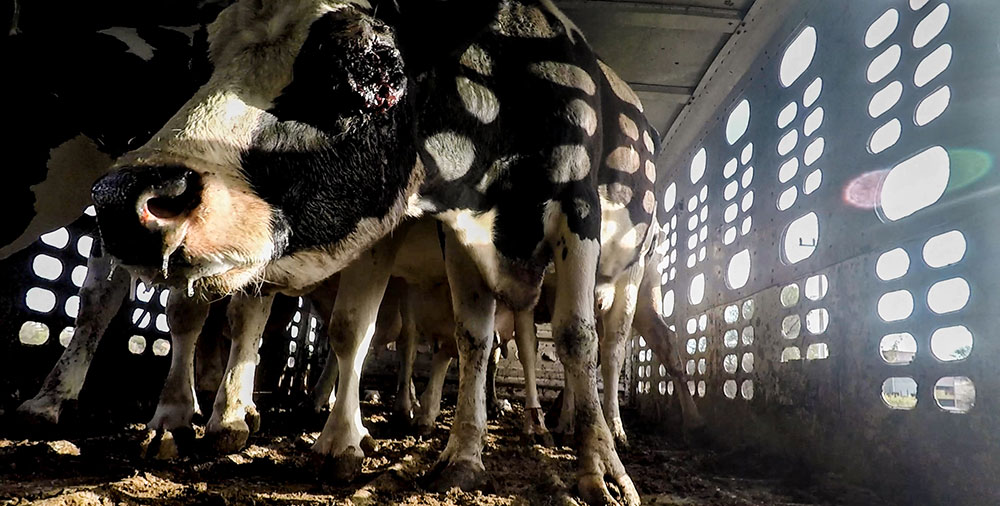
Animals are slaughtered after reaching their destinations
After reaching their destinations, workers push injured animals off the trucks and herd them into slaughterhouses. Inside the slaughterhouse, stunning equipment regularly fails, leaving animals conscious as their throats are slit. Animal Equality’s investigations have even found animals skinned and carved alive.
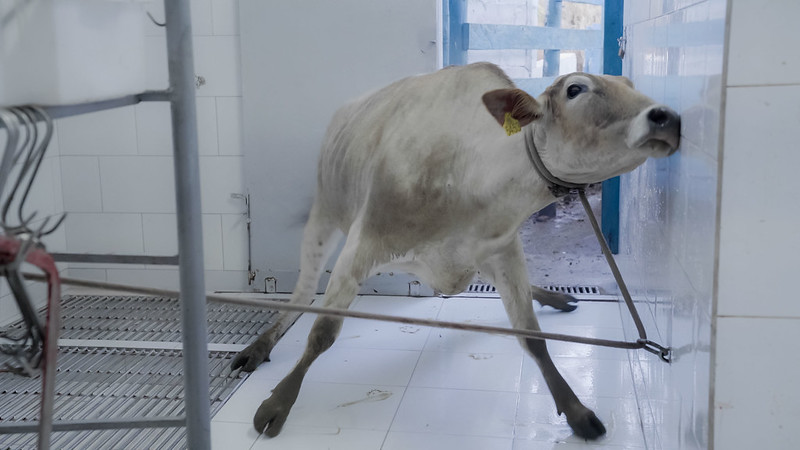
Some animals shipped from Europe to the Middle East fall into the water as they attempt to escape. Those who are rescued are still sent to slaughterhouses, where they are slowly bled to death while conscious.
You can stop animal transport cruelty
Animal Equality Is a global force working tirelessly across eight countries to protect animals from suffering. From opposing live animal transport to investigating the factory farming industry, we are committed to providing dignity and compassion for every animal.
If you’re passionate about building a world where animals are respected and protected, we invite you to stand with us as a supporter. Together, we can leave animal cruelty in the past and rewrite the narrative for animals worldwide.
You can also prevent suffering for pigs, chickens, cows, lambs, and other animals by replacing animal products with plant-based proteins. Get started on your journey today with your downloadable copy of the Love Veg cookbook.
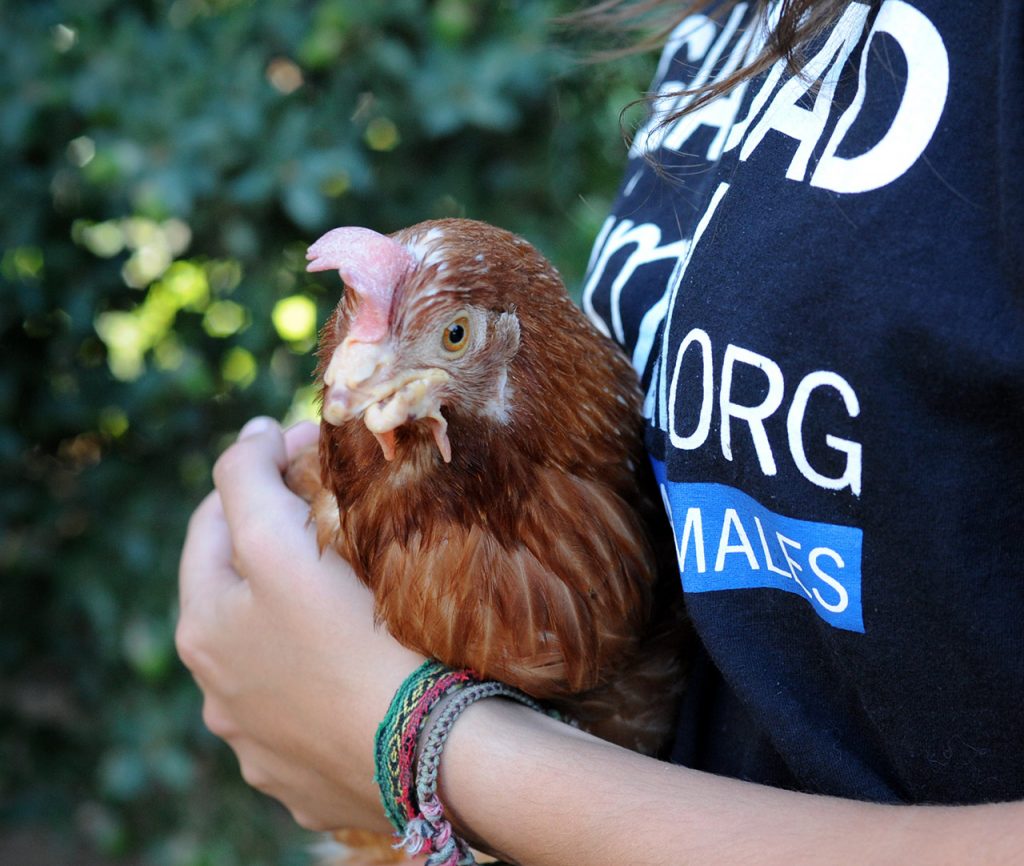
LIVE KINDLY
With rich emotional lives and unbreakable family bonds, farmed animals deserve to be protected.
You can build a kinder world by replacing animal food products with plant‑based ones.
Recommended

